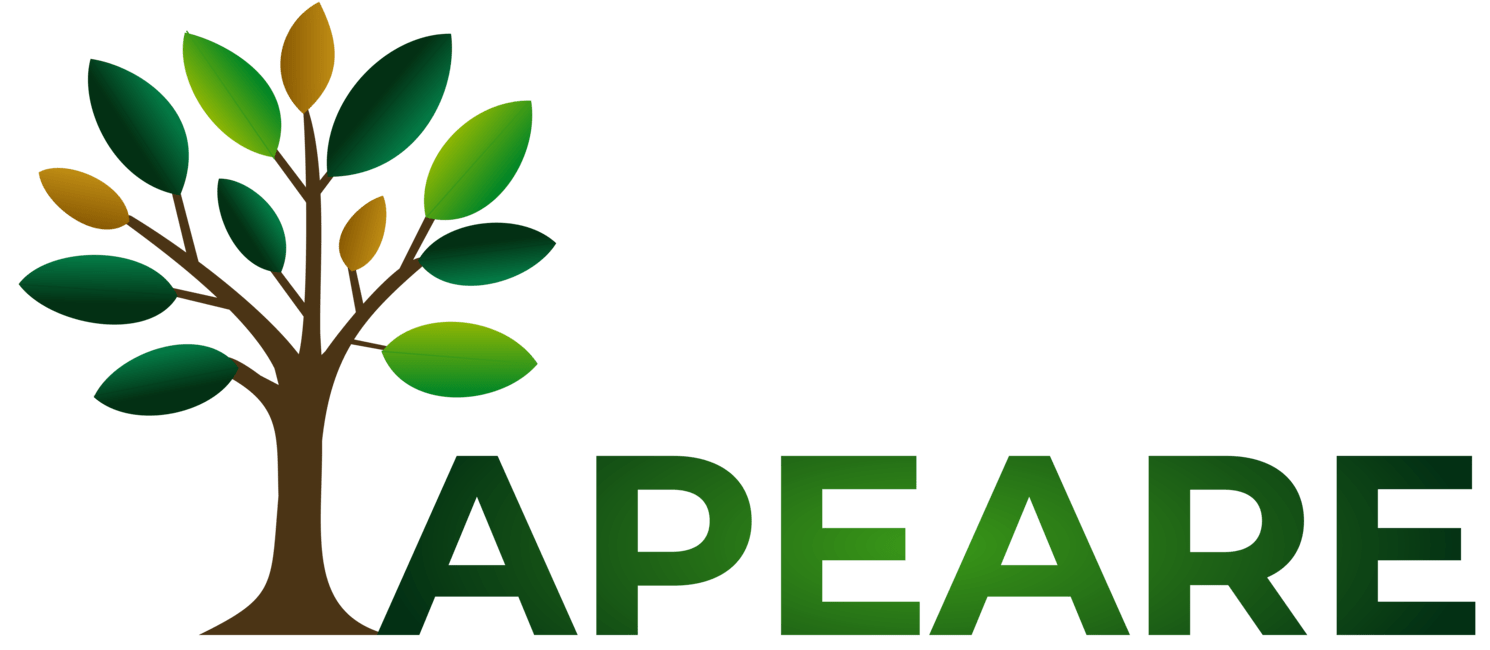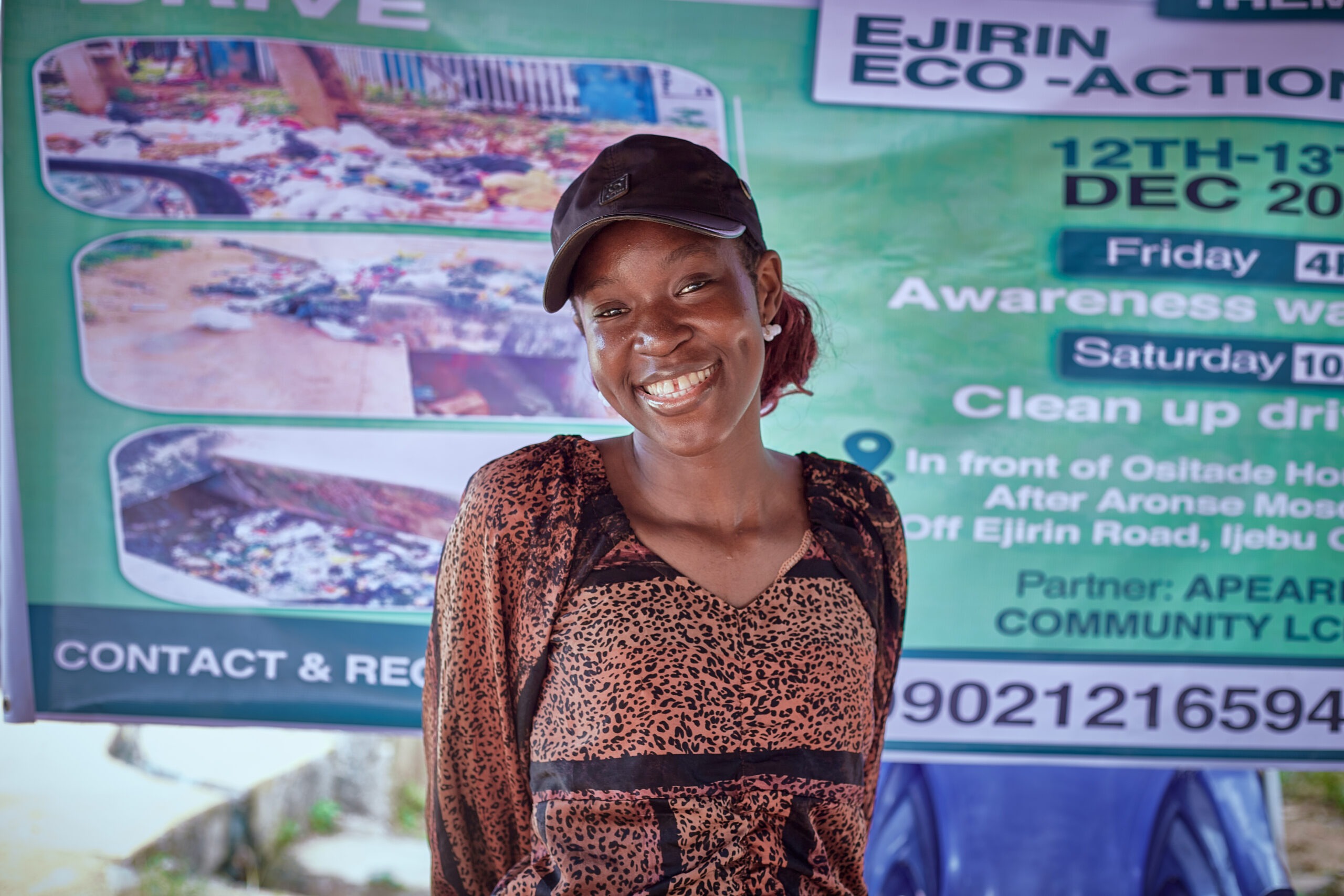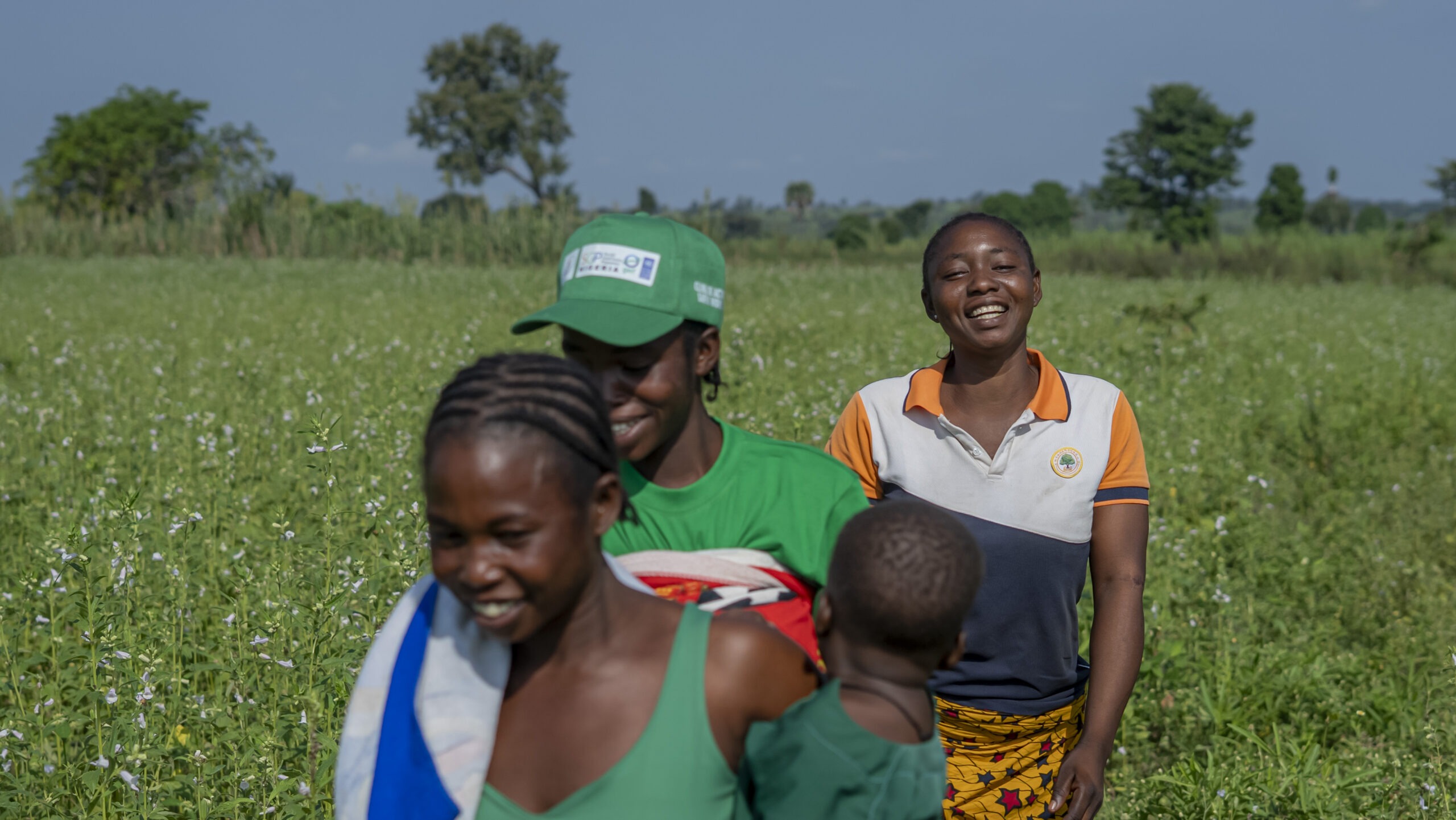When landscapes are stripped bare and communities are left vulnerable, reforestation becomes more than an environmental solution; it becomes a lifeline. In Kuchiko Camp, Suleja, Niger State, Nigeria, the scars of unregulated artisanal mining run deep, affecting not just the soil but the health, livelihoods, and dignity of its people.
In Kuchiko Camp, Suleja, Niger State, Nigeria, the scars of unregulated artisanal mining run deep, affecting not just the soil but the health, livelihoods, and dignity of its people.
Following internal assessments and community consultations in early 2024, APEARE identified Kuchiko Camp as a high-priority zone for ecological restoration and community empowerment. The signs of degradation were unmistakable.
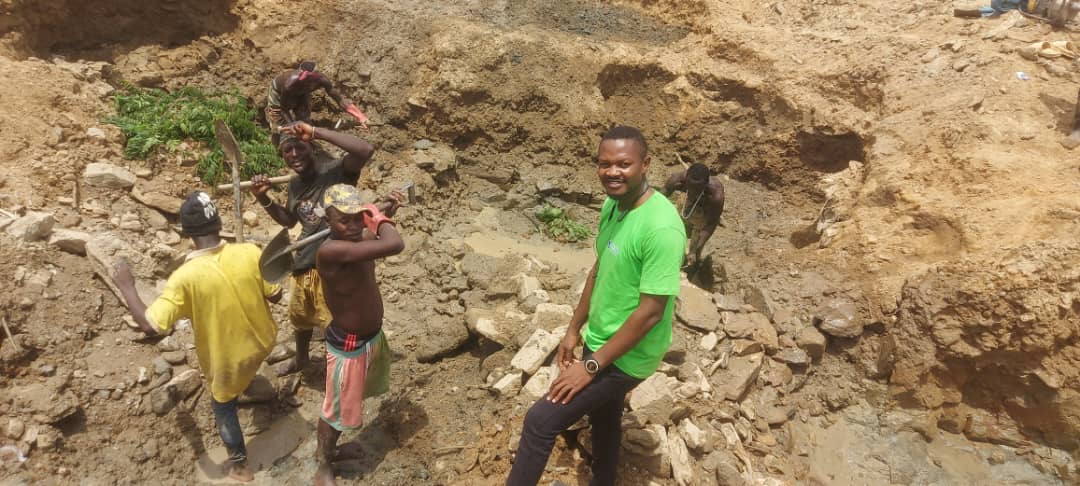
Streams once used for drinking and cooking had become polluted by gold washing. Abandoned mining pits dotted the terrain, posing physical hazards. Families, especially women and children, faced recurring health challenges and economic instability. The community’s agricultural roots were being eroded by environmental neglect.
Earth Day 2024: Raising Awareness
In response, APEARE organized a sensitization exercise during Earth Day 2024, engaging residents in open dialogue about the dangers of artisanal mining and the urgent need for sustainable alternatives. The turnout reflected a community ready to act, despite limited resources and systemic neglect.

World Environment Day 2024: Launching the Kuchiko Reforestation Project
To mark World Environment Day 2024, APEARE launched the Kuchiko Reforestation Project, distributing 1,000 tree seedlings, including Gmelina arborea, Moringa oleifera, and Azadirachta indica, to kickstart the restoration of degraded woodlands. These species were selected for their ecological resilience, fast growth, and compatibility with agroforestry systems.
![]() Our strategy was rooted in FARMAES (Food and Agric. Resilience through Multifunctional Agroforestry and Ecological Systems), designed to offer sustainable livelihood alternatives while restoring biodiversity and soil health.
Our strategy was rooted in FARMAES (Food and Agric. Resilience through Multifunctional Agroforestry and Ecological Systems), designed to offer sustainable livelihood alternatives while restoring biodiversity and soil health.
Empowering Women and Youth
Kuchiko Camp is a vibrant, youthful community, with over 60% of its population under the age of 25. Yet, the lack of access to education and employment—especially for women and girls—has intensified the environmental crisis. Our reforestation efforts aim to:
- Create green jobs
- Support climate-smart agriculture
- Promote gender equity through training and leadership opportunities

Media Spotlight: Validating the Crisis
In September 2025, The Guardian Nigeria published a detailed exposé on the environmental and human toll of artisanal mining in Kuchiko Camp. The article echoed many of the findings APEARE had documented months earlier—water contamination, health risks, and the disproportionate burden on women and children. This national coverage validated the urgency of our intervention and amplified the voices of those most affected.
Looking Ahead
The Kuchiko Reforestation Project is more than an environmental initiative—it is a movement for resilience, dignity, and sustainable development. As we continue to engage with the community, monitor progress, and expand our impact, we remain committed to planting seeds of hope and transformation.
In Kuchiko, every tree tells a story of renewal. Every action builds a future.
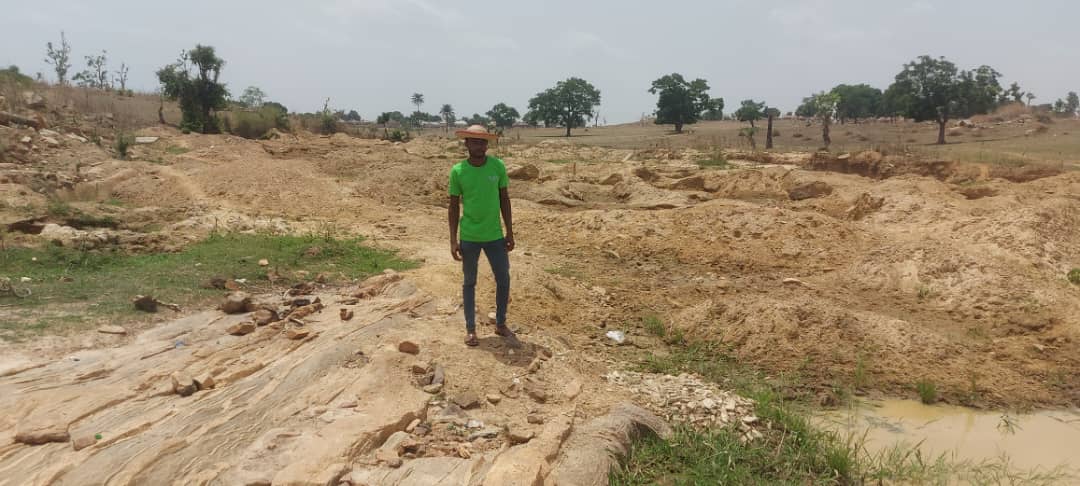
#Reforestation #ClimateAction #SustainableDevelopment #Empowerment #APEARE #KuchikoReforestationProject #ArtisanalMiningImpact
